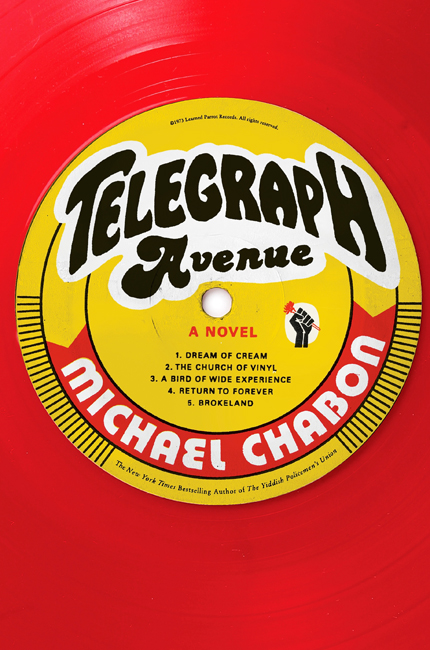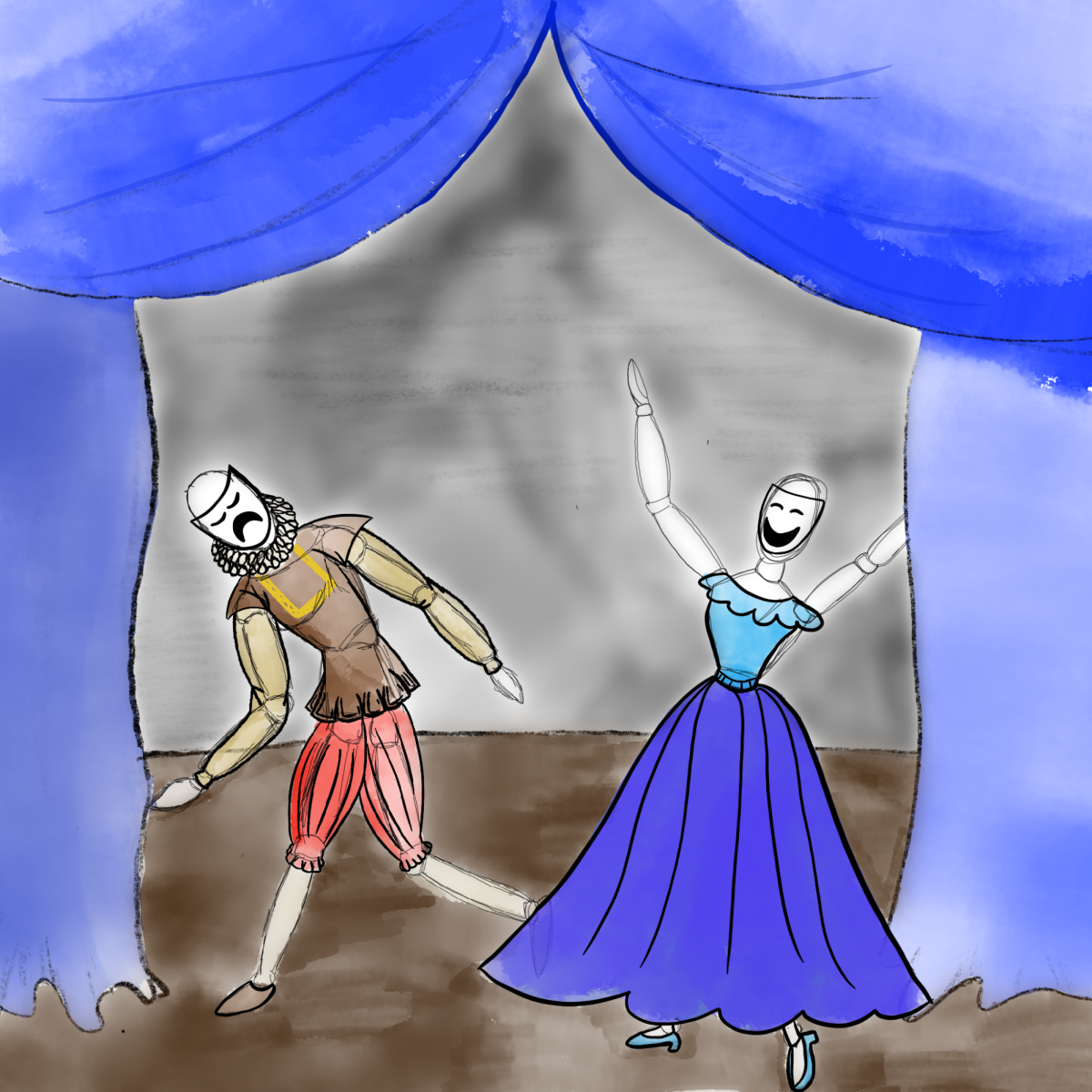There is a stereotype of the first-time novelist who writes as if he’ll never have another shot, cramming everything he possibly can into his debut novel because he has nothing to lose. Michael Chabon still writes this way, even in his seventh novel. “Telegraph Avenue,” which incorporates a record store in Oakland, Ca., a Zeppelin, blaxploitation films, pregnancy, estranged fathers, secret sons, kung fu, funerals and murder, among other subjects — and that’s not even touching on the stylistic flourishes, such as the chapter that runs 12 pages consisting of only a single sentence.
At its core, the novel focuses on Oakland resident Archy Stallings, who has a pregnant girlfriend, a father who keeps on popping in to borrow money and a record store that would be teetering toward failure even if a planned music megaplex wasn’t about to be built down the street. And amidst all of this, Stallings’ son, who he’s never met, arrives in town to complicate things further.
This barely cracks the spine of what goes on within the 480-page book. Although not without its frustrations, “Telegraph Avenue” brings a fully realized world to life, populated with colorful characters that feel real despite their eccentricities. While the way Chabon handles these elements makes the book feel personal, “Telegraph Avenue” goes beyond that: it’s a novel written in spite of what anybody else might think. It’s a novel that the author wrote just because he can, including details and long stretches that any sensible editor would cut — all the while shamelessly showing off, making sure that no more than a page or two pass without a $10 word or an all-star Jeopardy-level reference. Some books are best read with an accompanying dictionary — this one needs Wikipedia.
Is this kind of writing necessary to tell an already bloated story that gets lost several times along the way? Almost certainly not. There are plenty of moments when it even gets in the way, but the stylistic prose and obscure references add charm to what would otherwise be a small, restrained story. And anybody who’s read “The Amazing Adventures of Kavalier & Clay” knows that restraint is not one of Chabon’s specialties, nor should it be.
Despite its showiness — or perhaps because of it — Chabon’s writing is still both beautiful and a blast to read. This book is the result of a writer who always knows the perfect word or analogy for something and loves the way it looks on the page. “Telegraph Avenue” is not without its flaws, but it’s also written by a confident man with obvious talent who still feels the same joy of sharing his ability with the world that he did the first time around.
The novel is too long and, at the same time, too brief for all of the elements that it attempts to include, but it’s also exciting and, at times, heartfelt. And while it never quite reaches the greatness of Chabon’s “Wonder Boys” or “The Amazing Adventures of Kavalier & Clay,” most readers will enjoy the time they spend on “Telegraph Avenue.”
Chabon will be speaking Wednesday with L.A. Times book critic David Ulin at 7 p.m. in Jessen Auditorium, located in Homer Rainey Hall. The event has limited seating and is presented by the Schusterman Center for Jewish Studies.
Printed on Wednesday, October 17, 2012 as: Author tests limits of creativity in book















